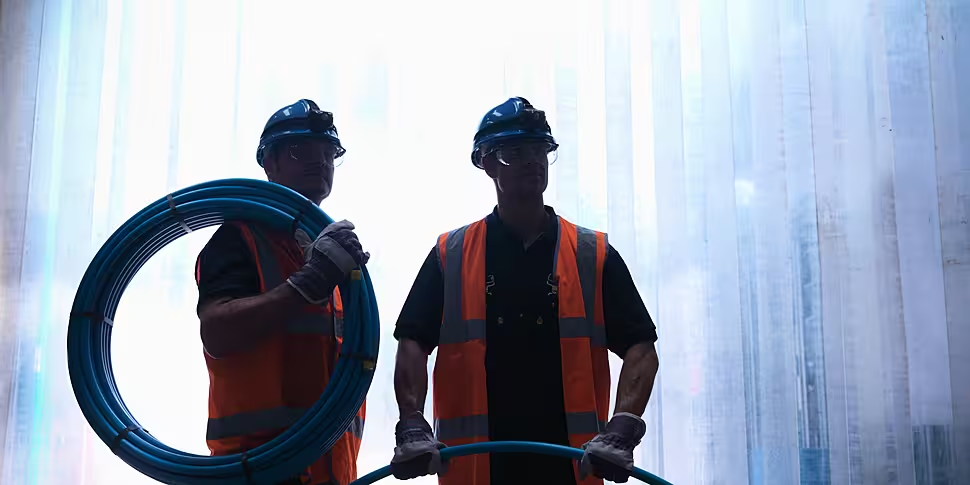The Environmental Protection Agency (EPA) has said the replacing of lead pipes in Ireland's water systems 'will take 50 years' at the current rate.
It has called on Irish Water to deliver on its targets and timeframes, as it publishes its Drinking Water Quality in Public Supplies report for 2020.
The EPA says the quality of drinking water from public supplies is high - with over 99.7% of samples compliant with bacterial and chemical limits.
However at the end of 2020, there were 46 vulnerable water supplies - while over 15,500 people were on boil water notices for longer than a month.
Noel Byrne is programme manager in the Office of Environmental Enforcement at the EPA.
He told Newstalk Breakfast the report is a mixed bag.
"The report has shown the water quality is actually very good, achieving a 99.7% compliance with drinking water standards.
"And we also see the number of vulnerable supplies that the EPA had identified on their immediate action list has reduced from 77 down to 46.
"However we are concerned about the vulnerability of supplies into the future - there's an issue there."
He says at the end of last year, 46 vulnerable supplies - serving over one million people - needed significant improvement works.
"Over half of these [works] were delayed in 2020; similarly there were 75,000 people on boil water notices in 2020.
"And two-thirds of these boil water notices were in place for greater than a month.
"The current rate of removal of lead connections - at the current rate at the moment - is going to take 50 years to resolve this issue, which is really unacceptable.
"So what our report is showing today [is] water is safe to drink, but we do need to see Irish Water taking necessary steps to ensure that it continues to be safe into the future".
And he says while delays around improvements could be due to a number of factors - including money and planning issues - others are harder to understand.
"There's an example in the report, Clonmel-Poulavanogue, has gone from an end completion date of 2020 to 2026 - so that's very difficult to understand.
"But Irish Water have plans in place now, with agreed timeframes to progress these, so we need to see Irish Water deliver on them.
"And for all these delays they need to identify and remedy the cause of those, because the longer these delays continue it's creating greater opportunities for something to go wrong".









